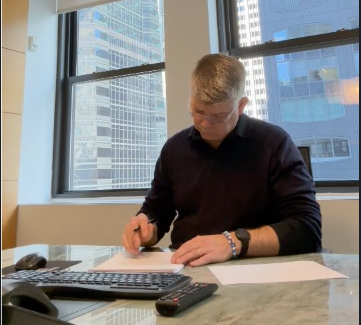Assessments in NYC Co-Ops: The Good, The Bad, and the Unexpected.
- Sean Turner
- Nov 9, 2023
- 2 min read
Updated: Dec 6, 2023
Assessments are a crucial part of managing and maintaining co-op buildings in NYC.
They can range from the predictable- like a capital improvement project discussed amongst shareholders in advance, or the unpredictable- as a crisis response to a need for capital.
One thing I’ve learned- they can be a foreshadowing of how the building is managed, and a big part of why some co-ops trade for a premium, while others are harder to sell.
Whether working with buyers or sellers- I always dig into them so that my clients have a plan for how we’ll respond to them during negotiations.
To give my clients context- I always break them down into three groups-
The Good: aka- investing in Your own home
Capital improvements, such as updating the lobby or heating system, can increase the property's value. Shareholders may bear the cost through assessments, but there's a potential tax advantage when selling the property, as these costs might carried forward to offset future capital gains (consult an accountant for specifics).
The Bad: or- when you didn’t prepare for the inevitable.
The biggest culprit- NYC’s Local Law 11. It requires buildings over six stories to have their facades inspected every five years for safety. Any discovered issues must be addressed, at a cost to the shareholders if the repair costs exceed the reserve fund.
One to look for in years ahead- Local Law 97. It imposes carbon emission limits on buildings starting in 2024. Non-compliance could result in fines, pushing co-ops to fund energy-efficient upgrades, possibly through assessments.
Outdated elevator systems- Especially in older buildings, they may eventually require modernization for safety compliance, there should be a record of the latest safety inspections and notes.
The Unexpected: Surprise, Surprise .
Income loss from commercial tenants, whether due to lease termination or reduced rent, might necessitate a temporary assessment to bridge the deficit or refurbish spaces for new renters.
Severe NYC weather conditions can precipitate the need for extensive roof repairs, façade work, replacing damaged windows and other unforeseen items.
While assessments might seem like a financial strain, understanding how these expenses came to be, enables shareholders to better advocate for prudent fiscal oversight within their co-op board.
Still have a question? Please contact me at 917-975-9531 or sturner@bhsusa.com




